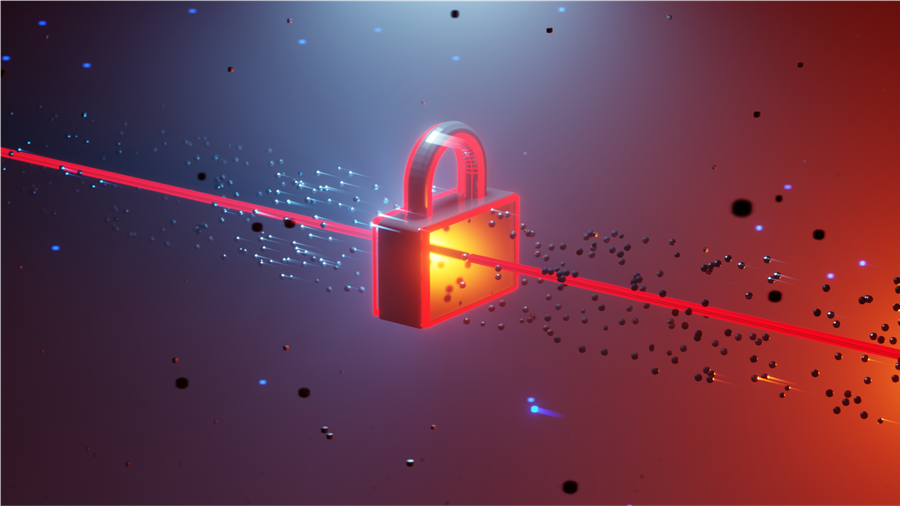Most cyberattacks can be prevented if you are mindful of actions and potential risks.
-
Be alert. Think twice before clicking links, opening attachments, visiting websites or responding to unsolicited emails or phone calls.
-
Learn how to identify phishing attempts. Be suspicious of emails or calls that require "immediate action" or ask for personal information. Hover over links to make sure they point to a reputable site before clicking. Report suspicious emails using Outlook's "Report Message" feature.
-
Use multifactor authentication. The university requires multi-factor authentication to access resources such as UARK email and Workday. Consider adding this same protection to personal email or social media accounts for an extra layer of security.
-
Create strong passwords. Make a lengthy password using a combination of character types. Use unique passwords for each account, and consider using a password manager to store your passwords. Also, never share your password with anyone.
-
Secure your device. Never leave your devices unattended. Password protect your phone or tablet and log off or lock your computer every time you step away.
-
Keep software up to date. Keep your devices updated, and regularly restart all devices to give them a chance to complete the update process.
-
Limit activities on public Wi-Fi. On campus, always connect to the UARK Wi-Fi network, never UARK Guest. When off campus or traveling, use a virtual private network (VPN) to get secure internet access. If you must use a public network without VPN, refrain from accessing sensitive information, such as Workday.
-
Secure your data. Use OneDrive to ensure your data is secure and backed up. Be mindful of how you share files by setting shared links to expire regularly.
-
Encrypt sensitive information. Never store sensitive information such as social security numbers or credit card information on your computer unless it is encrypted while being stored and transmitted.
-
Keep learning. Faculty and staff have access to several free cybersecurity training resources including KnowBe4 and LinkedIn Learning. Departments can request additional cybersecurity training by contacting Ruth Parcells.
Securing our campus community is an ongoing effort as cybercriminals continue to evolve their efforts. In this era of persistent cyber threats, our university can be secure only with the active participation of everyone.
To learn more, visit the Cybersecurity Checklist.
Topics
Contacts
Rachel L Gerner, content strategist
Information Technology Services
479-301-9193, rachel.lynn.gerner@gmail.com
